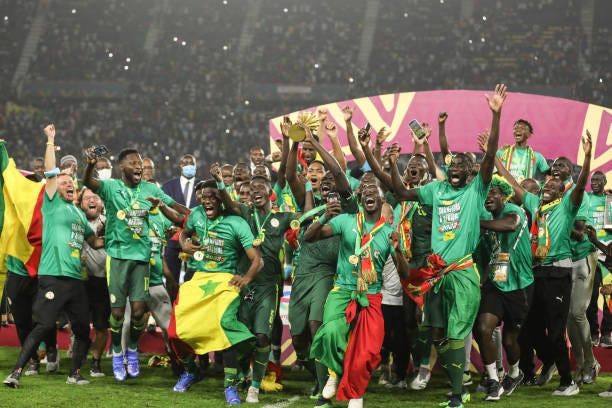
Over the past few decades, African national football teams have shown significant growth and potential on the global stage. Once considered underdogs in major tournaments, many of these teams are now viewed as serious competitors capable of challenging the world’s best. From historic World Cup performances to winning continental championships, African football is undergoing a remarkable transformation. However, despite the progress, several challenges still hinder consistent success.
A New Era of Performance
One of the most striking signs of Africa’s football rise came during the 2022 FIFA World Cup, when Morocco made history by becoming the first African team to reach the semi-finals. Their victories against European giants like Spain and Portugal captivated fans around the world and highlighted the tactical maturity and resilience of African squads.
Other nations like Senegal, Egypt, Algeria, and Nigeria have also made their mark in both continental and international competitions. Senegal, for instance, claimed their first Africa Cup of Nations (AFCON) title in 2021, led by elite players such as Sadio Mané and Édouard Mendy.
Key Drivers of Progress
Several factors have contributed to the rise of African football:
- European Experience: A growing number of African players are now stars in top European clubs. This exposure to high-level football has enhanced their technical skills, tactical understanding, and confidence.
- Improved Coaching: African teams are increasingly hiring experienced coaches, both foreign and local, who bring modern training techniques and strategic planning.
- Youth Development Programs: Countries like Ghana, Nigeria, and Ivory Coast have invested in youth academies that nurture talent from an early age.
- Increased Investment: Governments and football federations are gradually recognizing the value of the sport, leading to better funding for training facilities, equipment, and international exposure.
Ongoing Challenges
Despite the encouraging progress, African national teams face several challenges:
- Poor Infrastructure: Many African countries lack proper stadiums, training centers, and medical facilities, which affects player development and preparation.
- Corruption and Mismanagement: Issues such as financial mismanagement and internal politics often disrupt team operations and discourage long-term planning.
- Inconsistent Support: Unlike in Europe or South America, where football enjoys consistent backing, African teams sometimes face unpredictable funding and logistical issues.
- Retention of Talent: Dual-nationality players often choose to represent European countries instead of their African roots, leading to a talent drain.
The Road Ahead
To maintain momentum, African nations must continue to invest in grassroots development, ensure transparency in football governance, and build sustainable systems for talent nurturing. Collaboration between governments, federations, and private investors is essential to overcoming current barriers.
The success of teams like Morocco and Senegal proves that Africa has the talent, passion, and potential to be a powerhouse in global football. With the right support and vision, the dream of an African team lifting the World Cup may soon become a reality.